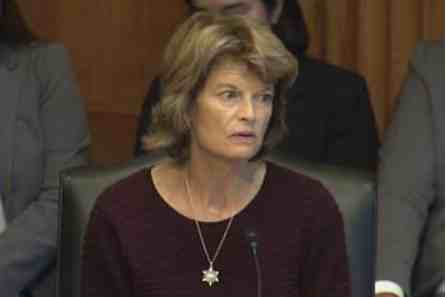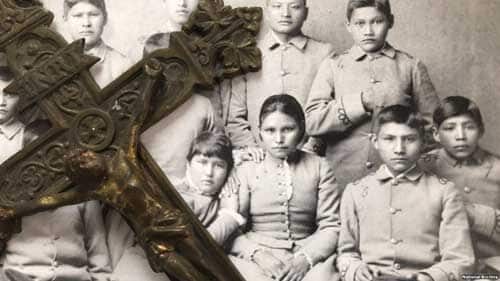17 Senators and Representatives ask government’s top watchdog to conduct review of how federal, state, and tribal agencies respond to MMIW cases
Washington, DC – Following the “National Day of Awareness for Missing and Murdered Native Women and Girls” on Sunday, Senator Murkowski joined a bipartisan, bicameral group of legislators asking the Government Accountability Office (GAO) conduct a study on the Missing and Murdered Indigenous Women (MMIW) crisis.
The group of 17 legislators, led by U.S. Senator John Tester (D-MT), includes U.S. Senators John Hoeven (R-ND), Tom Udall (D-NM), Catherine Cortez Masto (D-NV), Tina Smith (D-MN), Steve Daines (R-MT), Jerry Moran (R-KS), John Barrasso (R-WY), Maria Cantwell (D-WA), Brian Schatz (D-HI), and Lisa Murkowski (R-AK), as well as U.S. Representatives Ruben Gallego (D-AZ), Paul Cook (R-CA), Raul Grijalva (D-AZ), Matt Cartwright (D-PA), Ed Case (D-HI), and Deb Haaland (D-NM).
“As Members of the Indian Affairs Committee and the Indigenous Peoples Subcommittee and Senators and Representatives representing the majority of federally recognized Tribes, we must do all we can to fully understand the extent of, and implement meaningful solutions to, the MMIW crisis,” the legislators wrote to Comptroller General Gene Dodaro. “Federal officials, tribal leaders, and members of families directly impacted by the MMIW crisis all agreed that failures in cross-jurisdictional coordination, inadequate MMIW reporting protocols, and poor data collection limit the effectiveness of efforts to track, investigate, and solve MMIW cases.”
[content id=”79272″]
As a result, the group is asking the GAO to conduct a full review of how federal agencies respond to reports of missing and murdered Indian persons and recommend solutions based on their findings. Specifically, the GAO’s report should include:
- A review of federal, state, local, and tribal law enforcement agencies’ jurisdiction over MMIW cases and inter-jurisdictional coordination best practices, as well as recommendations for improving coordination among these organizations.
- A review of the Federal Bureau of Investigation, the Bureau of Indian Affairs, and other federal law enforcement agencies’ response policies and procedures regarding MMIW cases and recommendations for improvement.
- A review of the impact that law enforcement staffing levels may have on exacerbating the MMIW crisis or hindering federal, state, local, and tribal MMIW response.
- A review of all federal, state, and local databases relating to missing or murdered Indian persons, along with recommendations for improving access to missing person databases and increasing technical assistance for tribal law enforcement.
- A review of federal, state, and tribal notification systems relating to missing persons, and recommendations for improving and coordinating these systems.
Read the Members’ letter to Comptroller General Dodaro HERE.
In April, Senator Murkowski and Senator Cortez Masto (D-NV) introduced the Not Invisible Act, legislation aimed at addressing the crisis of missing, murdered, and trafficked Native people by engaging law enforcement, tribal leaders, federal partners, and service providers and improving coordination across federal agencies. Separately, in January, Senators Murkowski and Cortez Masto reintroduced the Savanna’s Act, a bill to combat the epidemic of murdered and missing Native women and girls by improving the federal government’s response to addressing the crisis.








